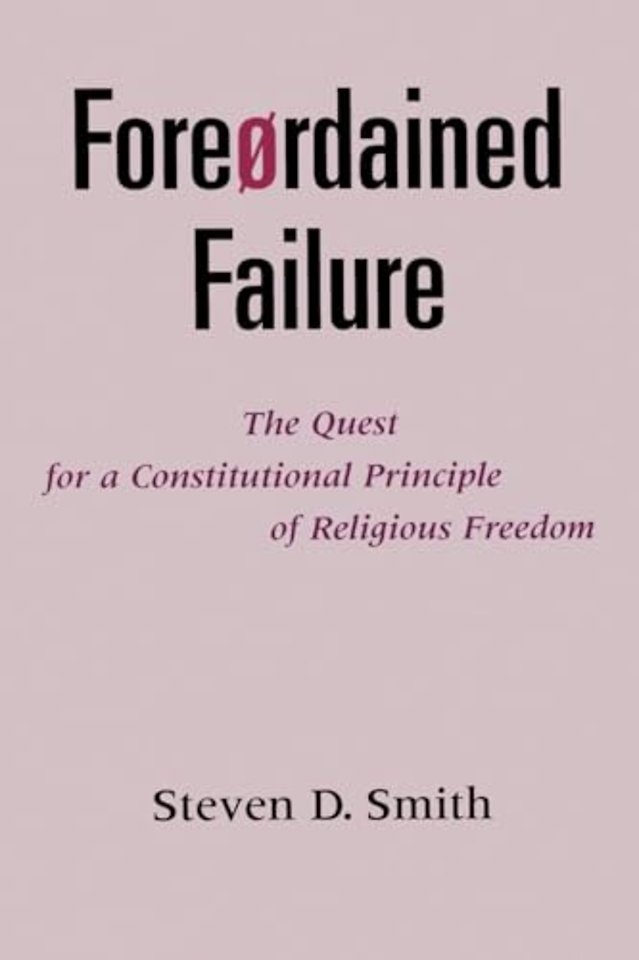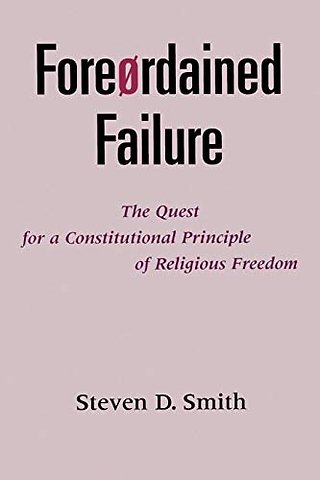Samenvatting
Ever since the Supreme Court began enforcing the First Amendment's religion clauses in the 1940s, courts and scholars have tried to distil the meaning of those clauses into a useable principle of religious freedom. In this highly original work, Smith criticizes the main positions in the debate and explains their misconceptions. He argues that efforts to find a principle of religious freedom in the "original meaning" are fruitless because the clauses were purely jurisdictional in nature: they were meant to place authority over questions of religion with the states, and nothing more. Contending that the perennial quest to distil religious freedom into a "principle," is futile, Smith advocates a fundamental reassessment of the premises upon which courts have proceeded in this area.
Specificaties
Net verschenen
Rubrieken
- aanbestedingsrecht
- aansprakelijkheids- en verzekeringsrecht
- accountancy
- algemeen juridisch
- arbeidsrecht
- bank- en effectenrecht
- bestuursrecht
- bouwrecht
- burgerlijk recht en procesrecht
- europees-internationaal recht
- fiscaal recht
- gezondheidsrecht
- insolventierecht
- intellectuele eigendom en ict-recht
- management
- mens en maatschappij
- milieu- en omgevingsrecht
- notarieel recht
- ondernemingsrecht
- pensioenrecht
- personen- en familierecht
- sociale zekerheidsrecht
- staatsrecht
- strafrecht en criminologie
- vastgoed- en huurrecht
- vreemdelingenrecht

